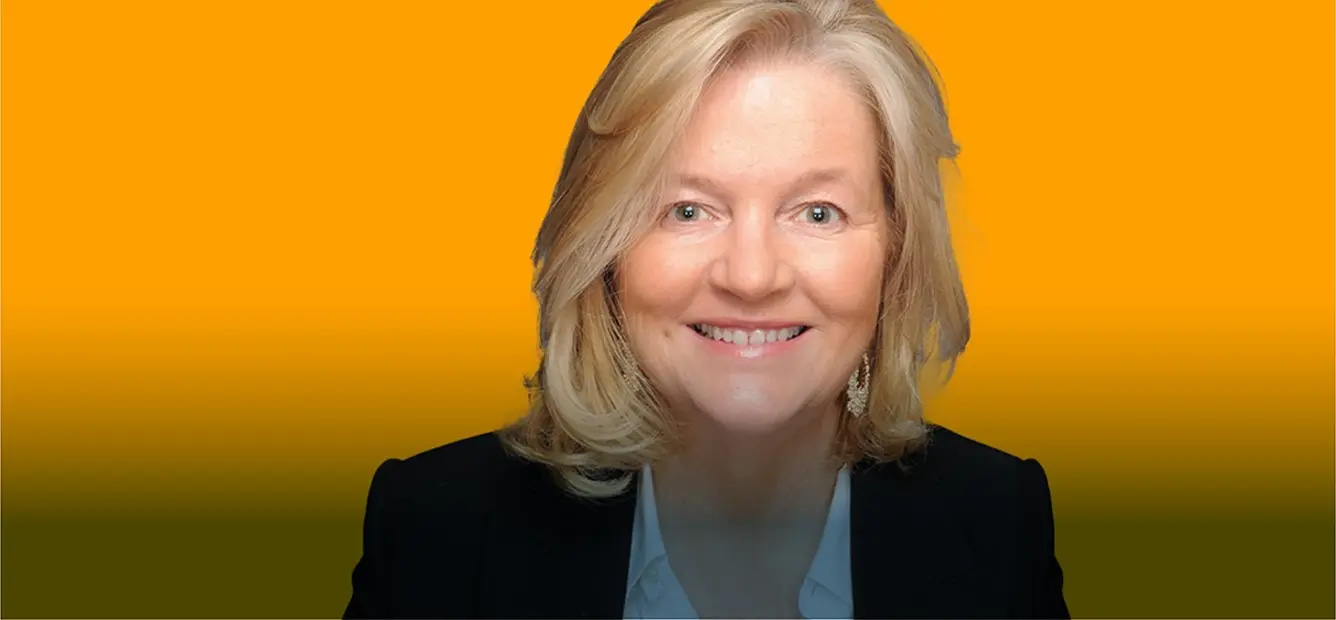
The Planner
Our CEO has a phenomenal wealth of experience in the FS world and often works with the whole team to explore research and insights, and craft specialist strategies. Here's the Planner’s point of view.
By Kirsty Maxey on Tuesday 1 November 2022
Our attitude and engagement with money has to be focused on behavioural change, which centres around altering habits and behaviours for the long term. The majority of research around health-related behaviour change indicates that small changes can lead to enormous improvements in people’s health and life expectancy. And we can see the same impact in terms of attitudes to money. As many of us know, bad spending and saving habits can be notoriously hard to break. Even when we want to save more for retirement or stop splurging on credit cards, our best intentions can be overtaken by impulse and old routines.
The question is, why is it so difficult? Well, our brains are structured along multisystem lines. Most of what we think and do is automatic and below the conscious level, known as System 1, and the reasoning and conscious level is System 2.
The way most of us operate is that our System 1 finds stimulus response patterns that work and, in the process, we get good at habits through repetition.*
So for us to make a difference and help encourage those habits, a multi-pronged, long-term approach is needed. That’s why we use techniques related to behavioural change, for example our five-step process:
- Make it understood
- Make it easy
- Make it desirable
- Make it rewarding
- Make it a habit.
We put this into practice recently with the pension campaign we just launched, so let’s examine that a little more closely.
Let’s start with the way we communicate about pensions. This is incredibly important, not just to help people understand them, but also to help people engage with them. Many people don’t even realise that they have a pension, which is why over £19bn worth have been entirely forgotten about. That’s 1.6m workplace pensions that have been ‘lost’ .
Getting people to engage with their pensions so this number is reduced is proving a difficult task, and it’s one that needs a different approach to overcome.
The first thing we must do is identify our audience. While, yes, most people in employment will have pensions, there are two main cohorts we should focus on – after all, it’s where we can make the most impact. One is the younger generation, those in their early careers who can form healthy financial habits now. The other is those aged 35-49, who are more likely to be juggling the demands that come with having a young family. That's why they’re our main priority in 2022 at least.
Once we know our audience, to enact behaviour change with pensions, the campaign needs to make an impact that challenges the sea of disinterest. That means creating talkability in a way that resonates with our audience. By using a well-known celebrity that can authentically connect with our audience, their credibility and fame could enhance the conversation before it’s really begun and can help people understand – that this is about them.
But we’re also not interested in empty endorsements. We need to work together to create a narrative that’s real and relatable. One that will help people understand what steps to take, and can be easily shared with those who really need to see it. That could be through PR, stakeholder partners, and influencers. And, most importantly, through social media. Shareability has to be one of the key drivers of the content. Would you share it with your mates – does it help you stop and think?
Of course, this is just the beginning of the campaign. But importantly, it comes from a completely different angle – one we think will get people talking, and that’s a great place to start.
Head back to our main page and dive deeper into how we can shake up pensions together.
*Want to read more about behavioural science? Here’s some interesting reading for you: https://www.marketingsociety.com/think-piece/system-1-and-system-2-thinking
